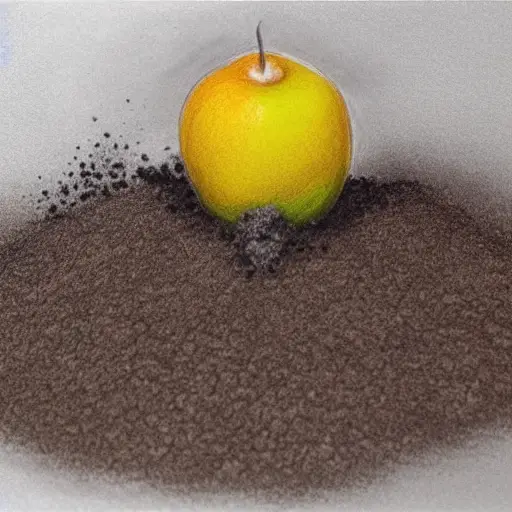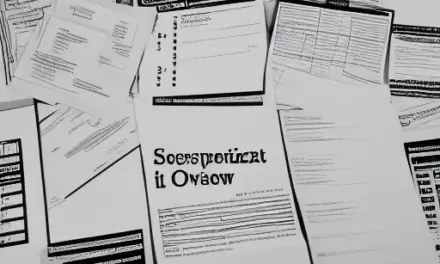Compost
Compost is an organic material that can be used to improve the physical properties of soil. It is a natural product and contains millions of species and billions of organisms. It is the richest source of biomass on earth. These organisms can enhance the properties of soil and help plants grow. In addition, compost can help maintain a healthy environment for humans and animals.
Compost contains up to 50 percent organic matter. Its carbon content helps feed the soil’s microorganisms. Compost is often measured by its carbon-to-nitrogen ratio, or C:N. A compost pile’s C:N ratio is typically between 12:1 and 20:1. A healthy C:N ratio is in the range of 14:1 or higher.
Compost is also an excellent way to retain water. It reduces erosion and water runoff, which is important to growing healthy crops. It also sequesters carbon, which makes it a powerful plant food source. It also improves soil health and yields. If you’re not using your compost on your own, you can sell it to other gardeners or sell it as worm castings or compost tea. Compost is a natural fertilizer that will boost your soil’s natural fertility.
Composting is an ancient process that adds essential nutrients to your soil. Compost is made by decomposing organic materials such as yard trimmings and food scraps. It also helps keep the soil loose, retaining moisture and nutrients.
Mulch
The right mulch will improve your soil’s quality and prevent weeds. Mulch is essential for healthy soil because it prevents evaporation of water and adds nutrients to the soil. It also helps control soil temperature. It can protect plants from cold winter weather. It also improves the appearance of your garden.
There are many types of mulch that you can use in your garden. Some are natural and organic. For example, shredded leaves are nature’s favorite mulch. These organic materials will entice more earthworms to your garden’s soil. Another benefit of shredded leaves is that they will disappear into the landscape within a short period. They are ideal for woodland gardens.
In winter, mulch will keep the soil warmer than bare soil. It will also keep weeds from spreading. The mulch will also act as a barrier to landscaping equipment. However, be careful not to over-mulch your garden. Too much mulch can damage plants and trees. Never pile mulch against a tree’s base, because this will cause the tree’s trunk to rot.
There are two types of mulch: organic and inorganic. Organic mulch is a natural material that adds nutrients and prevents weeds from growing in the soil. It also helps keep the soil moist and warm, thus creating the perfect growing environment.
Organic matter
Healthy soil is composed of mineral particles and organic matter, creating a healthy environment for plant roots and beneficial soil microbes. It also contains pore space, which provides room for water and air to move. These elements make soil a nourishing place for plants, as well as preventing the growth of diseases and pests. Soil that is unable to retain these vital elements is considered poor soil. The best way to restore the health of poor soil is through the addition of organic matter to the soil.
Organic matter helps keep the soil moist, preventing weeds from growing. It also enhances the structure of the soil and maintains its pH balance. It also provides moisture to plants, allowing them to take up essential nutrients from the soil. If the soil is too dry, plants cannot access these nutrients and will suffer from root rot. Waterlogged soil also lacks proper drainage and aeration.
If you’re interested in improving the health of your soil, you should start with a soil test. The results will show you how much organic matter is in your soil. Organic matter contains living organisms and plants that break down plant and animal remains. Organic matter is the main component of healthy soil, which feeds living soil microorganisms and improves its physical properties. Organic matter is also an excellent source of nutrients for plants.
Compost is an excellent soil amendment for improving the quality of your soil. It helps bind particles together and improves its structure. It also improves drainage, allowing air to reach the roots. Compost can be made from a variety of ingredients, such as kitchen trimmings, grass clippings, shredded leaves, and even barnyard manure.
Water balance
Water balance is important to a healthy soil. It helps keep plants growing and helps prevent diseases caused by excess water. To calculate the water balance in a field, you must first know the capacity of the root zone. Using the equation below, you can estimate the capacity of the root zone. Then, subtract the current water content of the soil from the capacity of the root zone. You must know that the actual deficit in a field may differ from the deficit estimated by the equation. In order to compensate for these uncertainties, corrections must be made.
The water balance in a soil depends on the types of water in the soil. For example, rainfall may make the soil wetter, while warm temperatures will lead to the return of moisture through evapotranspiration. As the growing season progresses, the moisture content in the soil will decrease.
The water balance in a field is a critical component of soil management, since it can affect crop growth. The amount of water in the soil determines the appropriate irrigation schedule. If the water content in a field is higher than the soil capacity, irrigation will not be effective. To measure the soil’s water content, use one of the soil moisture measurement techniques described in Chapter 4.
The soil’s water capacity can be measured in feet of water. In general, a crop can use fifty percent of its available water capacity before experiencing stress. A plant’s available water capacity may even increase during late growth, because of full root development and reduced evapotranspiration.
Avoiding chemical fertilizers
Avoiding chemical fertilizers is an important step in maintaining a healthy garden. These fertilisers contain heavy metals and have negative effects on human health and the environment. Among other things, they cause massive algal blooms in our waterways, which kill plants and consume oxygen. Furthermore, they release nitrous oxide, a greenhouse gas that is 300 times more potent than carbon dioxide. Chemical fertilizers also contribute to the contamination of our air and water.
Fertilisers are also harmful to soil organisms, which provide many important environmental services. Overuse of chemical fertilisers results in soil acidification and decreases humus and organic matter in the soil. This depletes the soil’s natural capacity to store nutrients and affects crop yield. In addition, nitrogen fertilisers pollute the atmosphere and increase the amount of harmful ions in soil.
To avoid the need to use chemical fertilizers, farmers can make use of organic manures, which provide essential nutrients and improve the soil’s quality. Alternative technologies are also being developed, including nano-fertilisers, prilled fertilisers, and controlled-release fertilisers.
While the use of chemical fertilizers is essential for improving agricultural productivity, too much use is harmful for the environment. Too much use of chemical fertilisers depletes the soil, which in turn can cause increased greenhouse gas emissions. It’s also harmful for humans, livestock, and microbial life.
Maintaining a pH level of 6.5 to 6.8
A healthy soil pH level is critical to the health of many plants, including those that are sensitive to changes. This balance also affects drought, disease, and drainage. According to Oregon State University Extension Service horticulturist Weston Miller, soil pH can be affected by the amount of native soil minerals, annual precipitation, and soil type. Rain can leach minerals from native soil, and snow can deplete the pH level of soil. Adding organic matter can help moderate an acidic soil.
Most garden vegetables thrive best in slightly acidic soil. A pH of 6.0 to 6.8 is ideal for the most common types of vegetables. Certain plants can tolerate lower pH levels, however, including carrots, onions, peppers, and rhubarb. If your soil is too alkaline, plants will suffer.
Lime can lower soil pH. It works by decomposing organic matter. Regular use of organic mulch or compost can lower the pH. However, sulfur is more acidic than aluminum sulfate, and sulfuric acid is toxic. Soil pH should be checked every three months. It may take several applications to achieve the desired effect.
The pH of soil is important because it determines the availability of certain nutrients and the level of plant-toxic minerals. Soil pH can affect plant growth and the efficacy of pesticides. Therefore, maintaining a pH level between 6.5 and 6.8 is vital for healthy soil.










